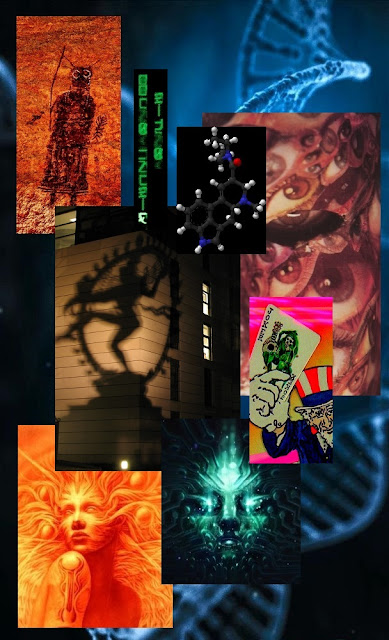Universe=Consciousness... post-materialist science.
- Item 7 from the Manifesto for a Post-Materialist Science
Within the study of social science, post-materialism is defined as the transformation of individual values, away from materialist, physical and economic… to a new paradigm of individual values emphasizing autonomy and self-expression. The philosophical definition of traditional materialism concerns the argument that matter is the only existing reality… the only real reality. Recent mainstream science operates under this assumption. Today, this notion is known as “scientific materialism.” However, this view is disappearing at an exponential rate, given the fact that quantum physics has shown us that what we perceive as our physical material world, is not really physical at all.
Post-materialist science postulates that human consciousness is an integral component, even a generative, co-creative component… of reality.
In a recent article entitled: “Is Consciousness A Product Of the Brain… Or Is the Brain the Receiver of Consciousness?” …columnist Arjun Walia stated that…
Consciousness is the way we perceive and observe our world, the way we think, our intentions, feelings, emotions and, (as it turns out) more. One of the biggest questions regarding human consciousness today is whether it is simply a product of our brain, or if the brain is a receiver of consciousness. If consciousness is not a product of the brain it would mean that the human physicality is not required for the continuation of consciousness, or consciousness itself.
“If quantum mechanics hasn’t profoundly shocked you, you haven’t understood it yet. Everything we call real is made of things that cannot be regarded as real.”
– Niels Bohr
Below is a great video from Dr. Gary Schwartz, professor of psychology, medicine, neurology, psychiatry and surgery at the University of Arizona discussing whether consciousness is the product of the brain or a receiver of it. It is a little overview of a subject that is full of peer reviewed scientific research that not many people have the time to go through. It would actually be almost be impossible to go through all of it.






Comments